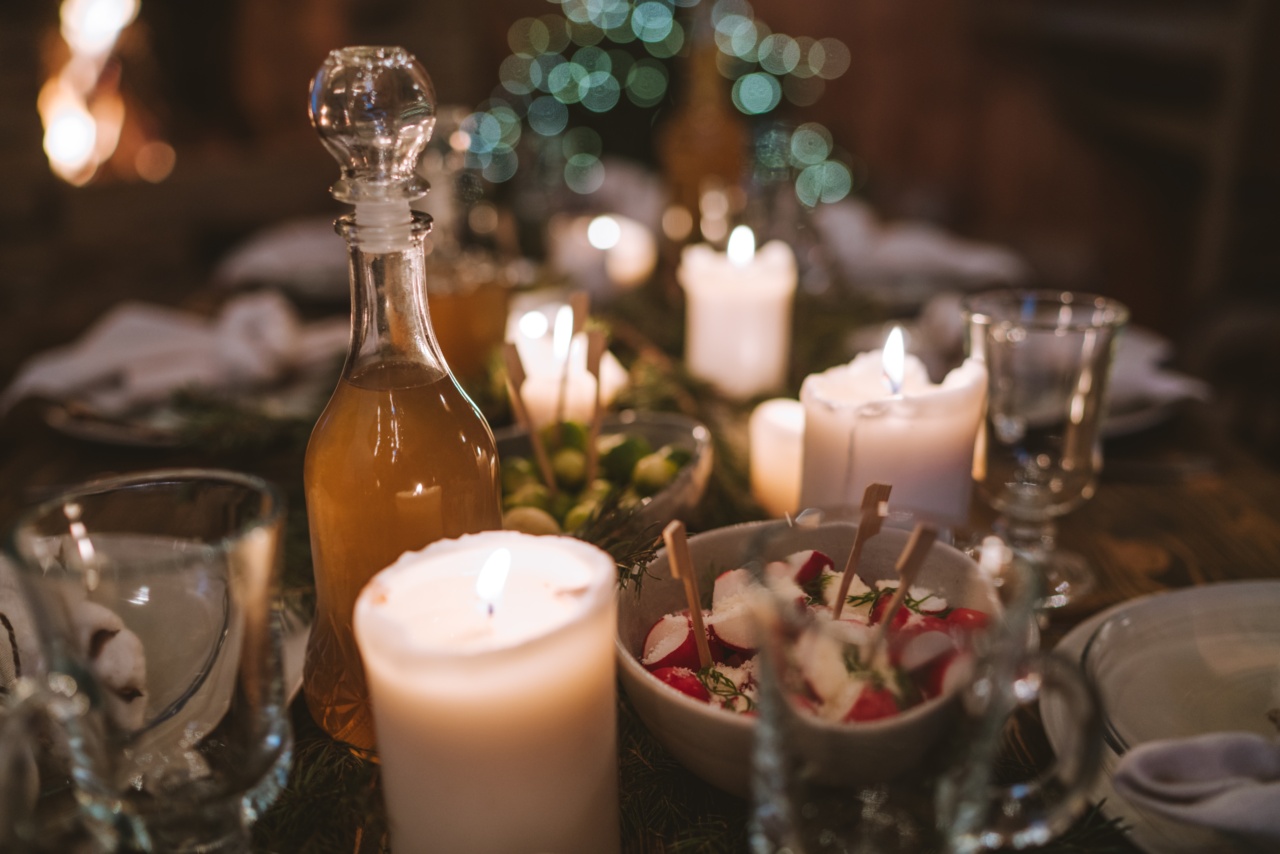Kidney stones are small, hard mineral deposits that form inside your kidneys. They can cause severe pain and discomfort, and may even require medical treatment to remove.
While kidney stones can be caused by a variety of factors, diet is a major contributor. During the holidays, it can be tempting to indulge in rich, decadent foods – but for those with kidney stones, it’s important to be mindful of what you eat. Here are ten foods to avoid if you have kidney stones during the holiday season.
1. Red meat
Red meat is high in protein, which can lead to an increase in calcium and uric acid levels in the urine. This, in turn, can contribute to the formation of kidney stones.
If you have kidney stones, it’s best to limit your intake of red meat, especially during the holidays when it may be more readily available at parties and gatherings.
2. Soda
Soda, particularly cola, is high in phosphoric acid. This can lead to an increase in the acidity of your urine, which can contribute to the formation of kidney stones.
Additionally, many sodas are high in sugar, which can also put a strain on your kidneys. Opt for water or unsweetened beverages instead.
3. Alcohol
Alcohol can be dehydrating, which can make your urine more concentrated and increase your risk of developing kidney stones.
It’s best to limit your intake of alcohol, particularly during the holiday season when it may be readily available at parties and gatherings.
4. Spinach
While spinach is a nutritious vegetable, it’s high in oxalates – compounds that can contribute to the formation of kidney stones.
If you have kidney stones, it’s best to limit your intake of spinach, particularly during the holiday season when it may be used as a garnish or ingredient in dishes.
5. Caffeine
Caffeine is a diuretic, which means it can increase your urine output and contribute to dehydration. Additionally, some caffeinated beverages, such as tea and coffee, are high in oxalates.
If you have kidney stones, it’s best to limit your intake of caffeine, particularly during the holiday season when it may be present in festive drinks and desserts.
6. Chocolate
Chocolate is high in oxalates, which can contribute to the formation of kidney stones. Additionally, many types of chocolate are high in sugar and fat, which can put a strain on your kidneys.
If you have kidney stones, it’s best to limit your intake of chocolate, particularly during the holiday season when it may be present in festive desserts.
7. Processed foods
Processed foods, such as deli meats and packaged snacks, are often high in sodium and phosphorus. These compounds can contribute to the formation of kidney stones, especially if you already have kidney disease.
Try to opt for whole, unprocessed foods whenever possible, particularly during the holiday season when processed foods may be present at parties and gatherings.
8. Dairy products
Dairy products are high in calcium, which can contribute to the formation of kidney stones. Additionally, some dairy products, such as cheese, are high in sodium.
If you have kidney stones, it’s best to limit your intake of dairy products, particularly during the holiday season when they may be present in festive dishes and desserts.
9. Nuts
Nuts, particularly almonds and cashews, are high in oxalates. If you have kidney stones, it’s best to limit your intake of nuts, particularly during the holiday season when they may be present in festive dishes and desserts.
10. Sugary foods
Sugary foods, such as candy and cookies, are high in sugar and can put a strain on your kidneys. Additionally, many types of sugary foods are also high in fat.
If you have kidney stones, it’s best to limit your intake of sugary foods, particularly during the holiday season when they may be present in festive desserts.






























